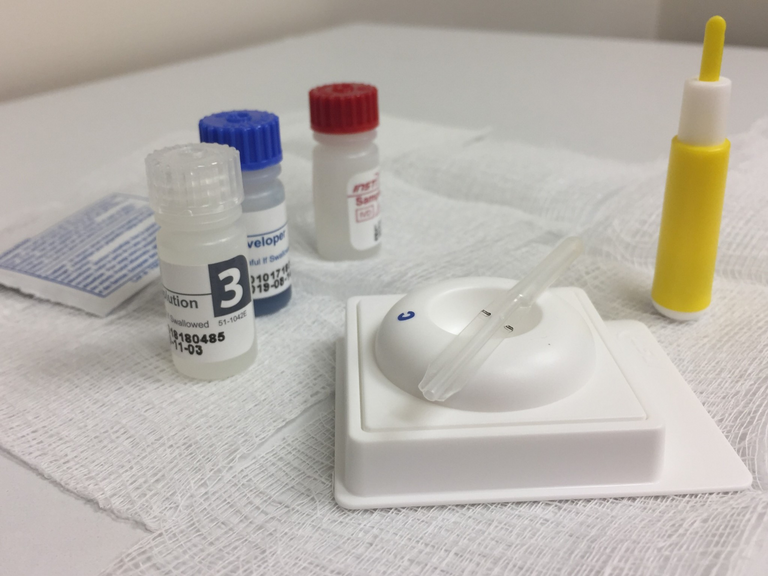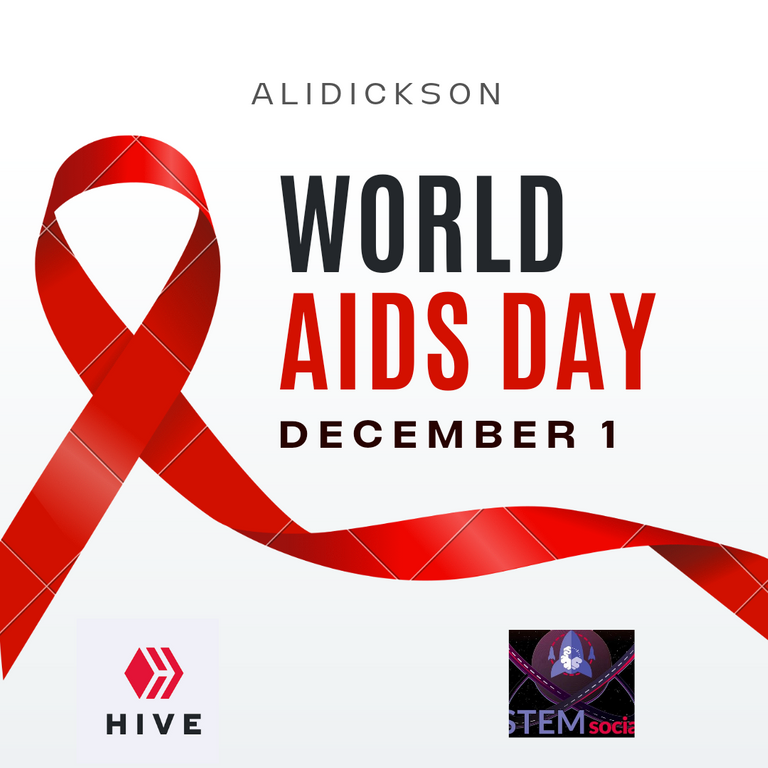Human Immunodeficiency Virus (HIV) is a viral infection that has continued to pose a great challenge to global health, especially the fact that a cure has not yet been found. However, there are various drugs that can be used to effectively manage the infection.
HIV gains entrance into the body through various means. Most commonly through unprotected sexual intercourse with an infected person, blood transfusion, and sharing of sharps. Another major means of transmission of this virus is through an infected mother to her child.
When this virus enters the body, it multiplies and starts attacking the body's defense mechanism (Immune system). This immune cell destruction continues until the whole body's immune is overwhelmed by the virus. At this point, the body becomes like a territory without a defense. Therefore any invader can freely strike without resistance.
When the body is without defense, it becomes prone to all infections which we refer to as opportunistic infections. The normal human environment is surrounded by all forms of sources of infection, including the air we breathe, the water we drink, and even our skin. But we don't fall sick because of the natural and acquired defense mechanism in our body. HIV destroys this body's protective system and give rise to a state of immunodeficiency.
This state of immunodeficiency from this virus is what we refer to as AIDS which stands for Acquired Immunodeficiency Syndrome. At this point, the individual comes down with different types of ailments. There is the presence of diseases like Tuberculosis, chronic diarrhea, recurrent esophagitis, kidney diseases, eye problems, etc.
This is a progressive state which moves from the point of infection to the various stages as the disease continues to worsen. What this means is that the earlier the disease is detected and arrested, the better. But when it is not noticed early, the individual may get to a point where recovery will be very difficult.

By United States Embassy Kuala Lumpur, Malaysia, Public Domain, Wikimedia
THE IMPORTANCE OF EARLY DETECTION
When HIV is detected early, there are available anti-retroviral therapies that one can take and reduce the level of the virus to a point where they can go for an HIV test and HIV will be undetectable in their blood. This is a state of viral suppression.
But this stage is easily achieved when detected early. Some people achieve viral suppression within 6 months of adequate anti-retroviral therapy. At this stage, they can live a normal life and the chance of transmitting the virus to another person becomes very very minimal. However, the individual will still need to continue taking the antiretroviral drugs because the virus is still hiding in the sanctuary systems in the body.
But when not detected early, organ damage and other serious co-comorbidities may set in and reversal to normal life will be very difficult. Advanced HIV/AIDS can lead to serious complications like kidney failure (HIV-associated nephropathy), psychiatric problems (HIV encephalopathy), cancers, skin problems, infections, etc. So early detection helps to prevent complications, gives a better treatment outcome, and has a better quality of life.
KNOW YOUR STATUS
'HIV no dey show for the face'. There is no better way to know if one has HIV or not than to do an HIV test. The early stages of HIV can exist for years without any signs or symptoms. Early symptoms may just be fever, rashes and general feeling of unwell. In some instances, there is no prior symptoms at all. Therefore, a regular check is important, especially for those at risk.
Many rapid test kits can show one's HIV status within 15 to 20 minutes. There are also self-testing kits that you can buy and test yourself at the comfort of your home. The kits are not usually expensive. There is one for #500 (UniGold) per kit, there is another for #700 (Stat pak). There is an Oraquick HIV test kit and many others. So there is no barrier to regular HIV self-testing for at-risk persons.

By NIAID - HIV Antibody Testing Kit, CC BY 2.0, Wikimedia
After doing the test, a negative result does not mean immunity to HIV, so you must continue to protect yourself. On the hand, a positive result does not mean the end of life. One just need to go for confirmatory test and when confirmed, commence the adequate treatment and live your normal, full, and happy life.
PREVENTION
HIV is very preventable. The first step to HIV control is prevention. Everyone must take strict measures to protect themselves from getting this virus. These can be achieved through the following methods;
Abstinence: This option remains the best, most reliable, and safest way to prevent the transmission of HIV/AIDS, especially for unmarried young persons.
Being Faithful with a faithful partner: The next step in the prevention of HIV is being faithful. Not just being faithful, but faithful with a faithful partner. This is because if one is faithful to a partner who has other multiple sexual partners, it is very risky.
Correct and consistent use of condoms: Consistent use of condoms is also a very important way to prevent HIV/AIDS. It has proven to be effective and as well protects against other sexually transmitted infections. Therefore, a condom must be used at all times where applicable.
- Prevention of mother-to-child transmission of HIV: All HIV-positive mothers should follow strict PMTCT measures to ensure that the virus is not transmitted to the child. This pregnancy must be managed in a standard health facility.

By USAID in Africa, Public Domain, Wikimedia
CONCLUSION
In summary, HIV/AIDS is a very preventable disease. A major aspect of achieving HIV control and living a fulfilled life for those living with HIV is early detection and prompt treatment. The current recommendation is that anyone who is confirmed to be positive for HIV should be commenced on anti-retroviral therapy immediately irrespective of the CD4 count and viral load.
So as we mark world AIDS day today, it is therefore a call on everyone to make it a point of duty to always know their HIV status at all times. Early detection is life-saving as the late presentation can be devastating.
Thanks for reading through.
For references and further reading:






